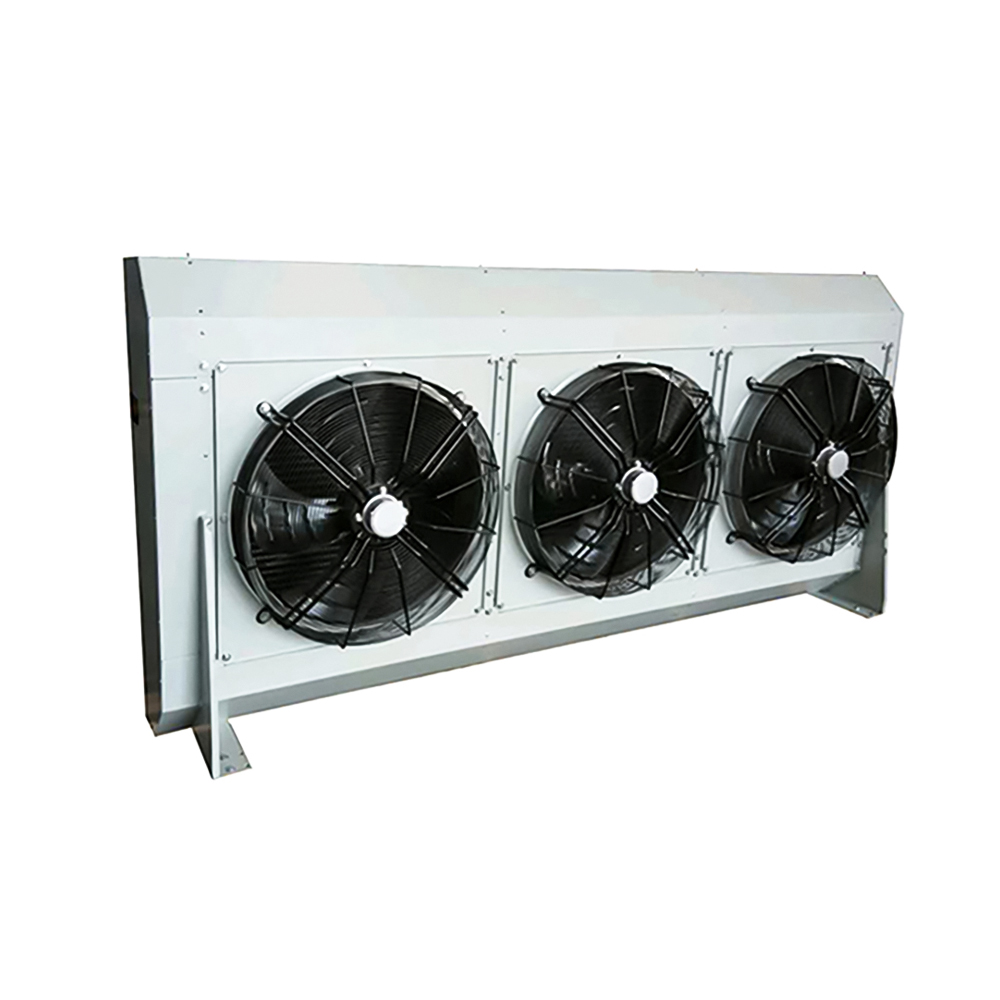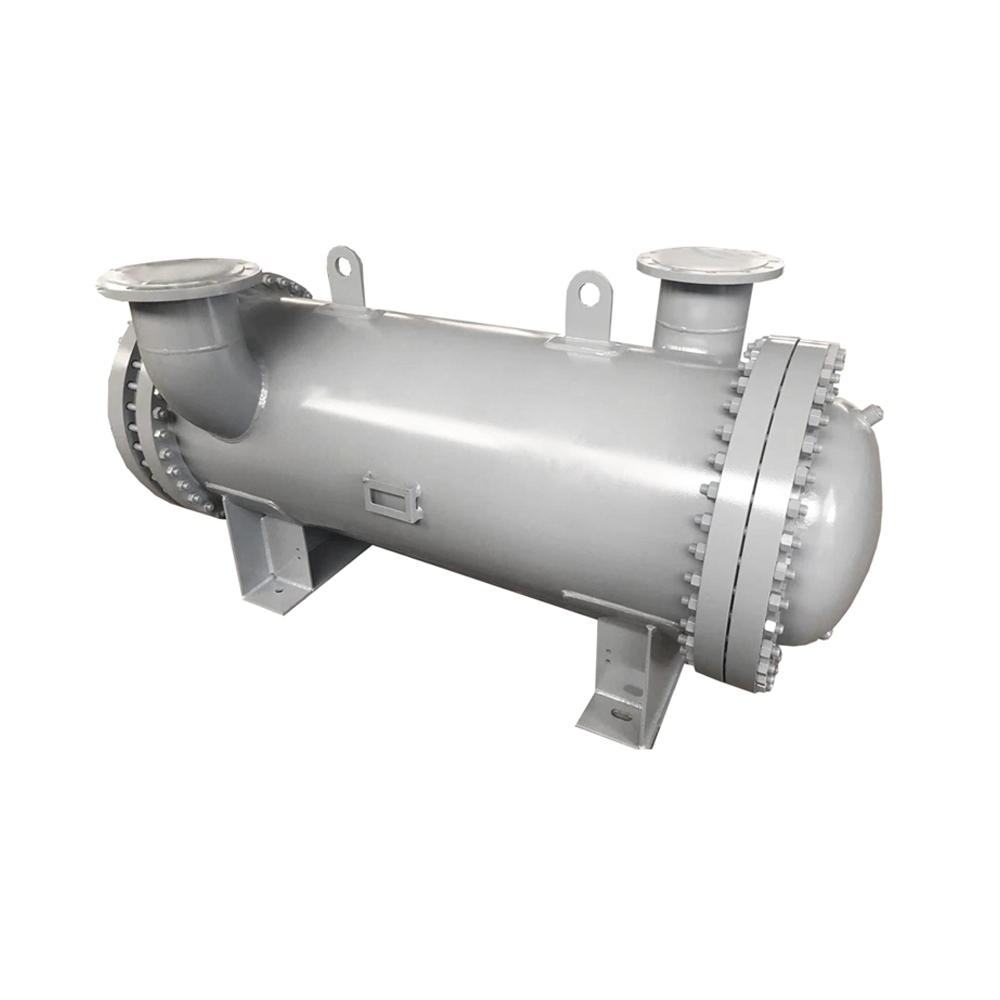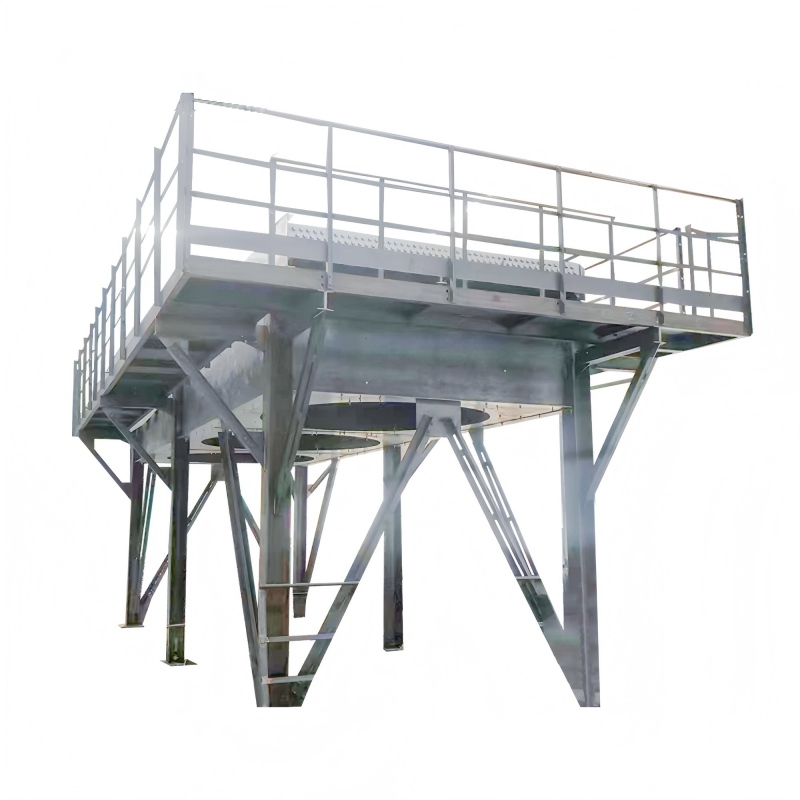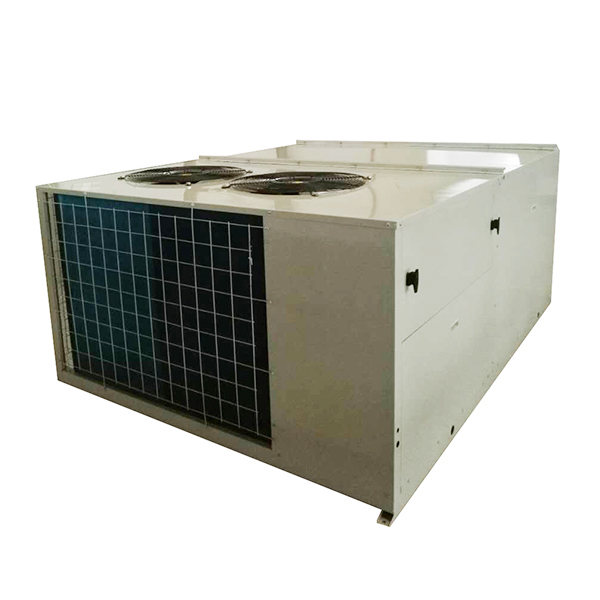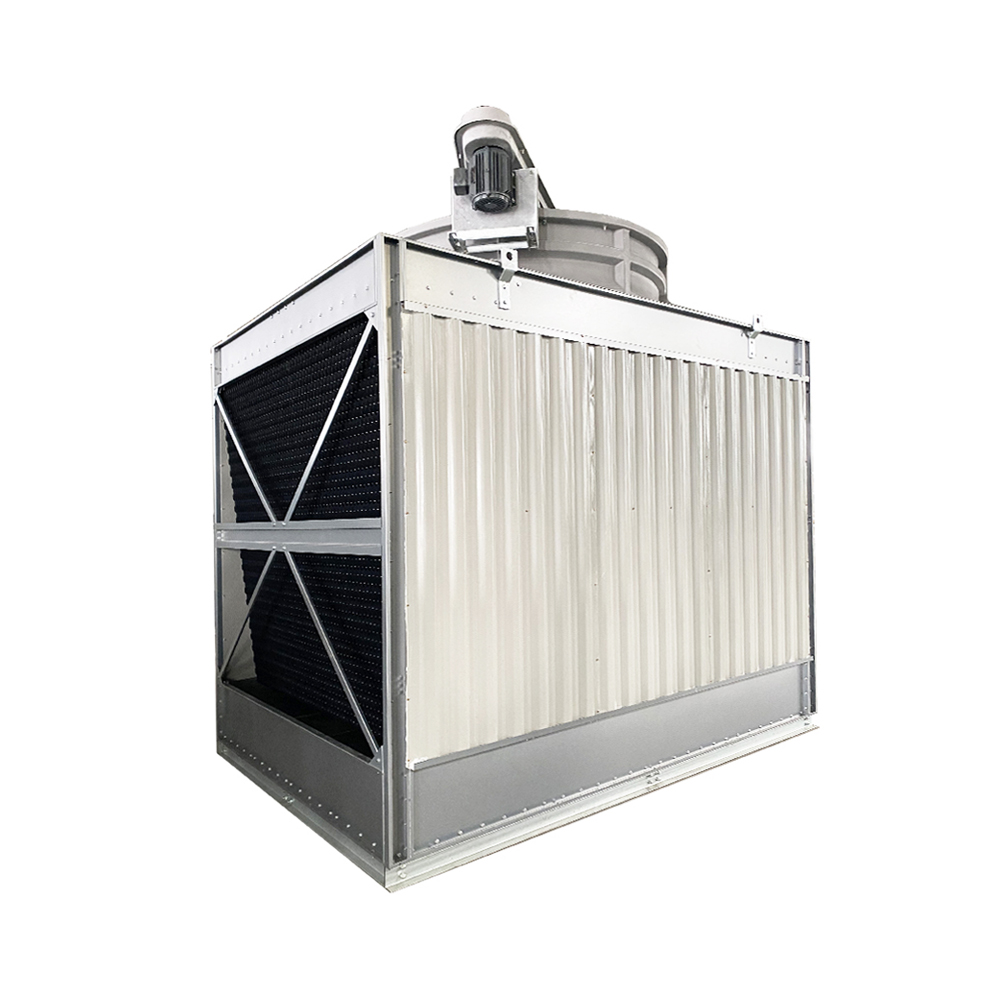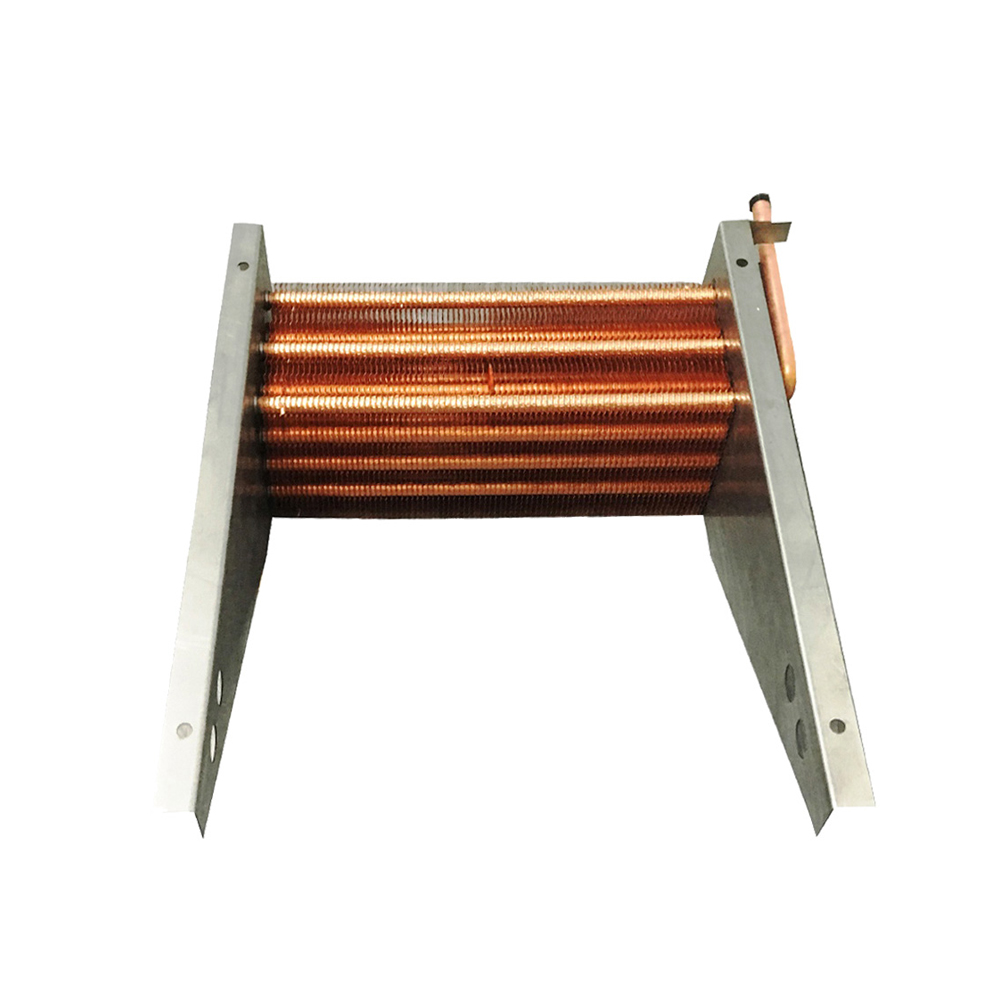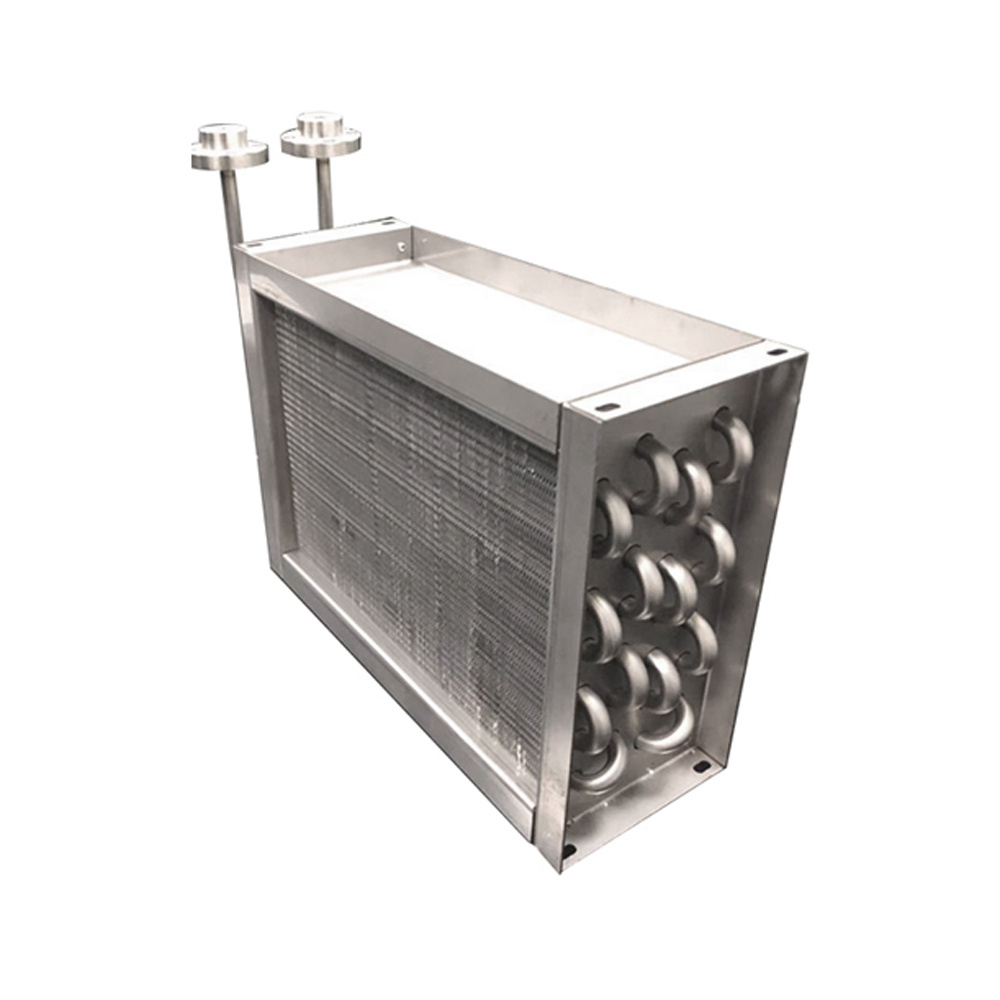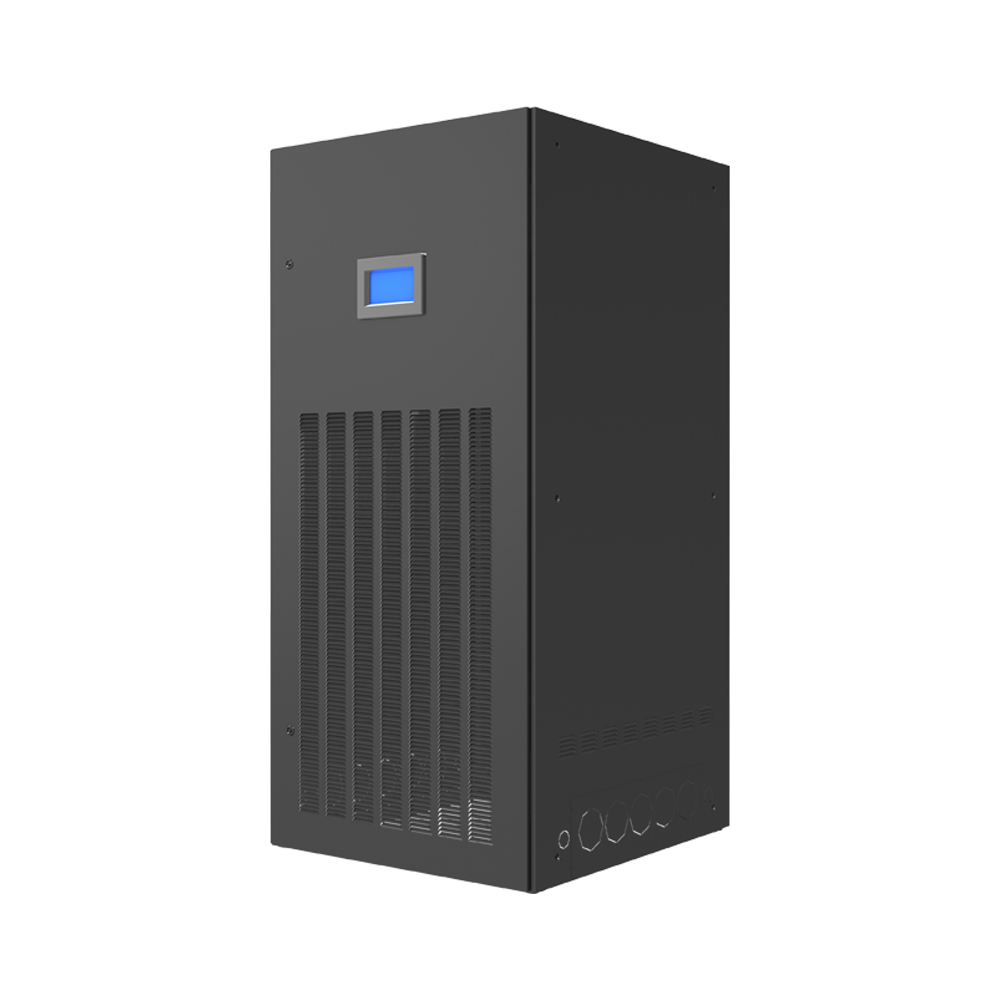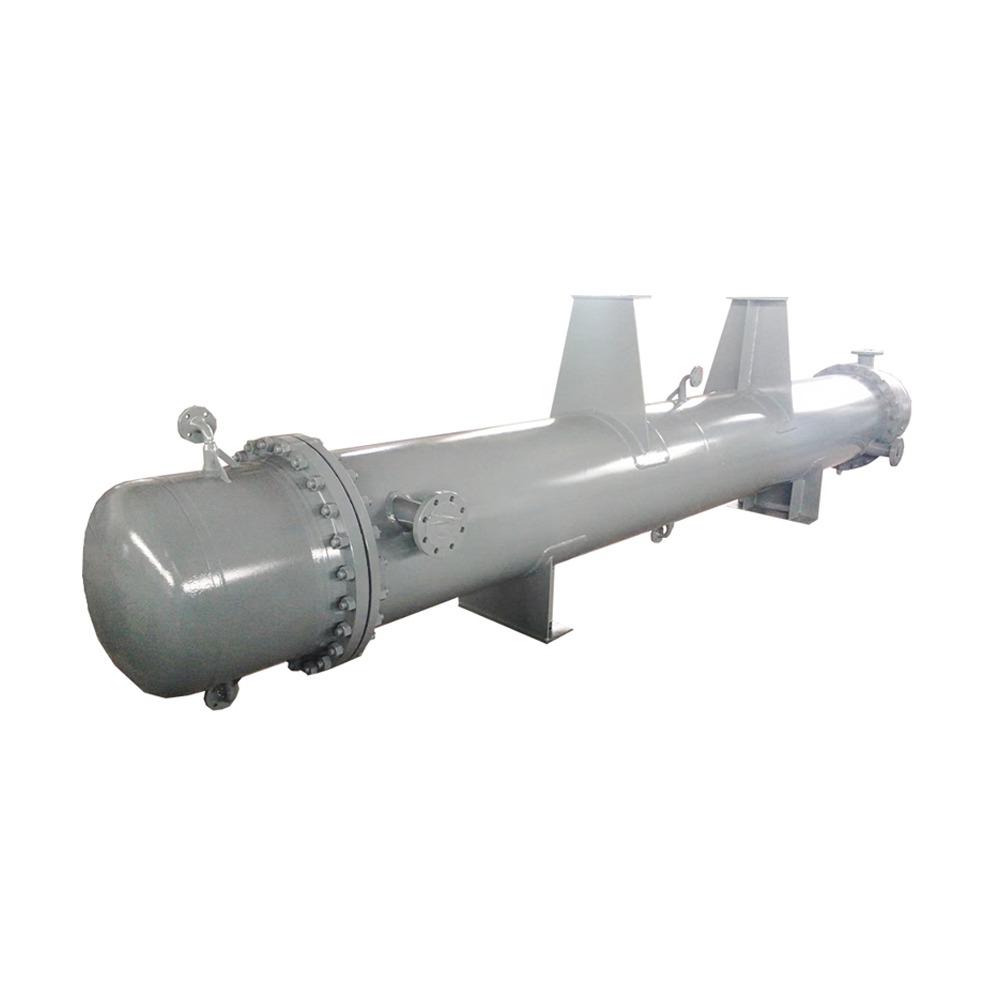Precision AC for Data Center: A Comprehensive GuidePrecision cooling is critical for maintaining optimal operating temperatures in data centers. This guide explores the key aspects of choosing and implementing precision AC for data center solutions, ensuring optimal performance and uptime.
Understanding Precision Air Conditioning for Data Centers
Data centers house sensitive electronic equipment that requires precise temperature and humidity control to prevent malfunctions and data loss. Unlike standard air conditioning units, precision AC for data center systems provide tighter tolerances and more reliable performance. This is crucial because even small temperature fluctuations can significantly impact server performance, leading to downtime and potential data corruption. The choice of the right precision AC for data center system depends heavily on factors such as the size of the data center, the heat load generated by the equipment, and the environmental conditions.
Types of Precision Air Conditioning Systems
Several types of precision AC for data center systems are available, each with its own strengths and weaknesses. The most common include:
Computer Room Air Conditioners (CRACs)
CRAC units are self-contained systems designed to cool entire computer rooms. They offer a cost-effective solution for smaller data centers. They're typically less efficient than other options, though. Many manufacturers offer CRAC units with varying capacities to cater to different needs. Consider factors like noise levels and maintenance requirements when making your selection.
Computer Room Air Handlers (CRAHs)
CRAHs are similar to CRACs but are typically more flexible and efficient. They often work in conjunction with a centralized chiller, offering more precise temperature and humidity control and better energy efficiency. CRAHs require more initial investment but can lead to long-term cost savings. The choice between CRACs and CRAHs often depends on the scale and specific requirements of the data center.
In-Row Cooling
In-row cooling systems place cooling units directly within server racks, providing targeted cooling and maximizing efficiency. This approach can significantly reduce energy consumption and improve cooling effectiveness. However, in-row cooling solutions usually demand a higher initial investment compared to traditional CRAC or CRAH solutions.
Liquid Cooling
Liquid cooling offers the highest level of precision and efficiency. It directly cools the server components using liquid, minimizing heat generation. This method is often used in high-density data centers where traditional air cooling solutions struggle to keep up. The complexity of implementation and higher cost of liquid cooling systems must be carefully evaluated.
Factors to Consider When Choosing Precision AC for Data Center
Selecting the optimal precision AC for data center solution requires careful consideration of several factors:
Heat Load
Accurately assess the heat load generated by your IT equipment. This includes servers, networking devices, and other components. Overestimating or underestimating the heat load can lead to inefficient cooling or equipment overheating.
Space Constraints
Consider the available space within your data center. Some cooling solutions require more floor space than others. Floor space optimization is a crucial aspect of data center design.
Budget
Different cooling solutions have varying upfront costs and ongoing operational expenses. Balance initial investment with long-term cost savings and maintenance requirements. Total cost of ownership (TCO) should be a primary consideration.
Redundancy and Reliability
Implement redundancy to ensure continuous operation even in case of equipment failure. Redundant cooling systems are essential for maintaining uptime and preventing data loss. Look for systems with built-in redundancy features.
Energy Efficiency
Energy efficiency is crucial for minimizing operational costs and reducing the environmental impact of your data center. Choose energy-efficient cooling solutions with features like variable speed fans and intelligent controls. Look for systems with certifications like ENERGY STAR.
Maintenance and Monitoring of Precision AC Systems
Regular maintenance is essential to prolong the lifespan and optimal performance of your precision AC for data center systems. This includes regular filter cleaning, preventative maintenance checks, and prompt repairs of any malfunctions. Implementing a robust monitoring system allows for early detection of potential issues, preventing downtime and costly repairs. Many modern precision AC for data center systems provide remote monitoring capabilities for easier management and preventative maintenance.
Choosing the Right Partner
Selecting the right partner for your precision AC for data center needs is paramount. A reputable provider will offer comprehensive solutions, including design, installation, maintenance, and ongoing support. Consider factors like experience, technical expertise, and customer service when choosing a provider. For high-quality and reliable solutions, consider contacting Shanghai SHENGLIN M&E Technology Co.,Ltd for their expertise in data center cooling solutions. They offer a range of precision AC for data center options to meet your specific requirements.
Conclusion
Implementing the right precision AC for data center system is crucial for maintaining optimal operating temperatures and ensuring the reliability of your IT infrastructure. By carefully considering the factors outlined in this guide and choosing a reputable partner, you can create a robust and efficient cooling solution that supports your data center's needs. Remember to prioritize energy efficiency, redundancy, and ongoing maintenance for long-term cost savings and optimal performance.









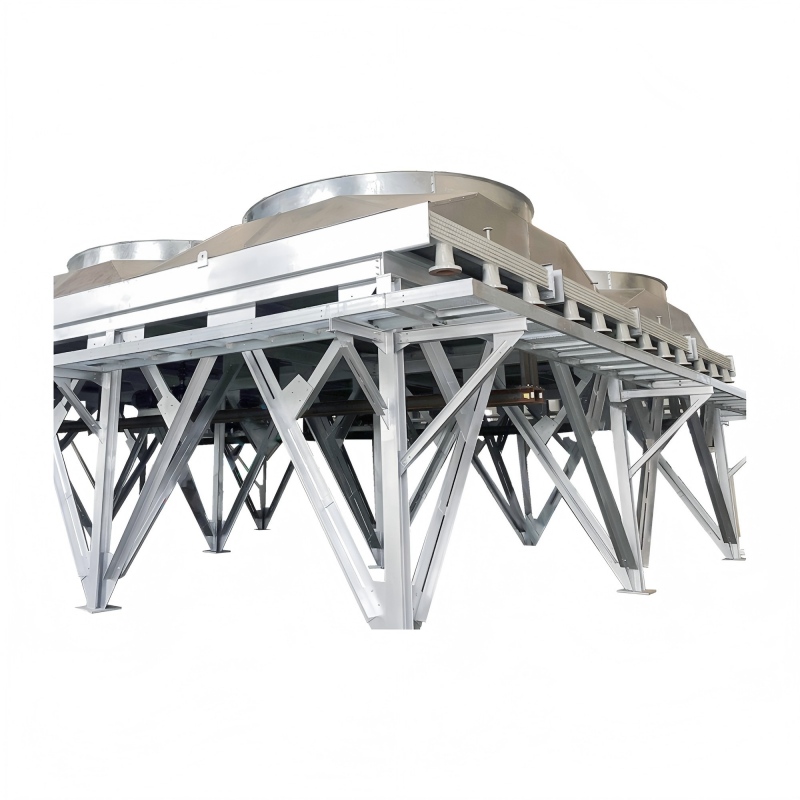
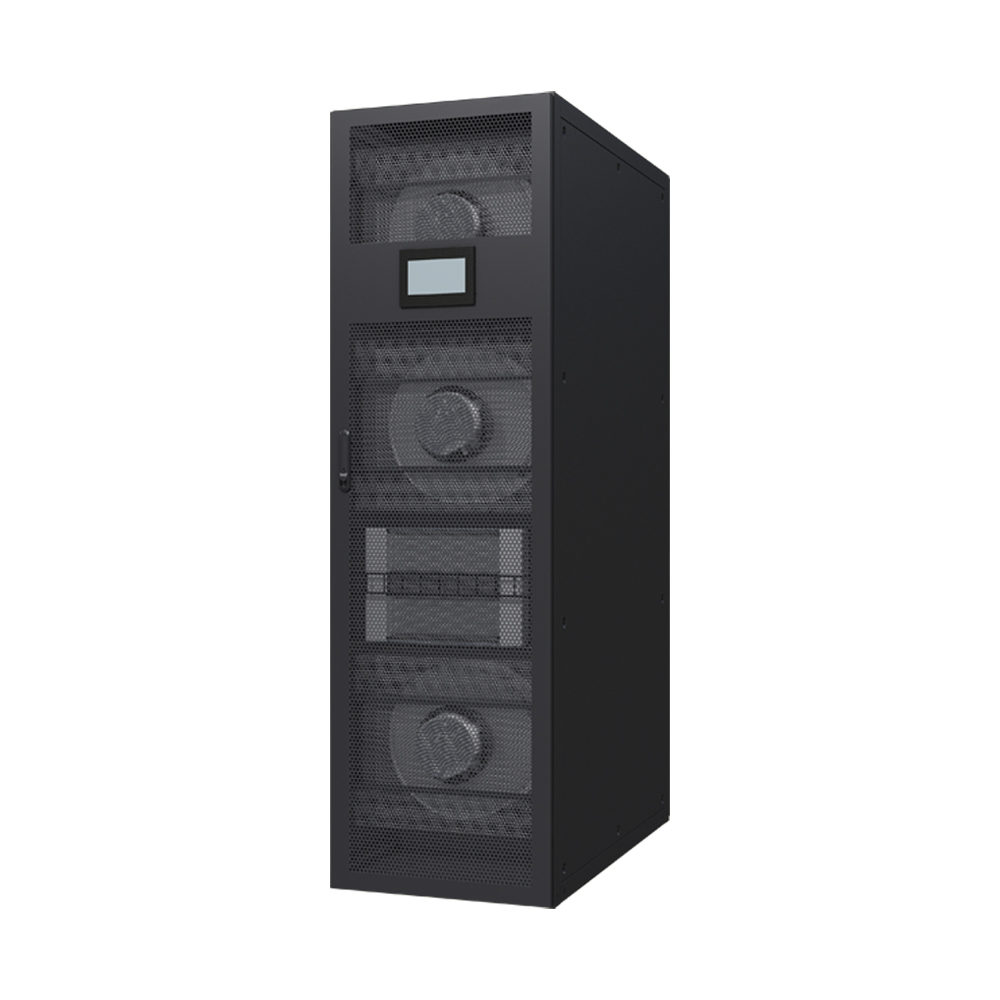
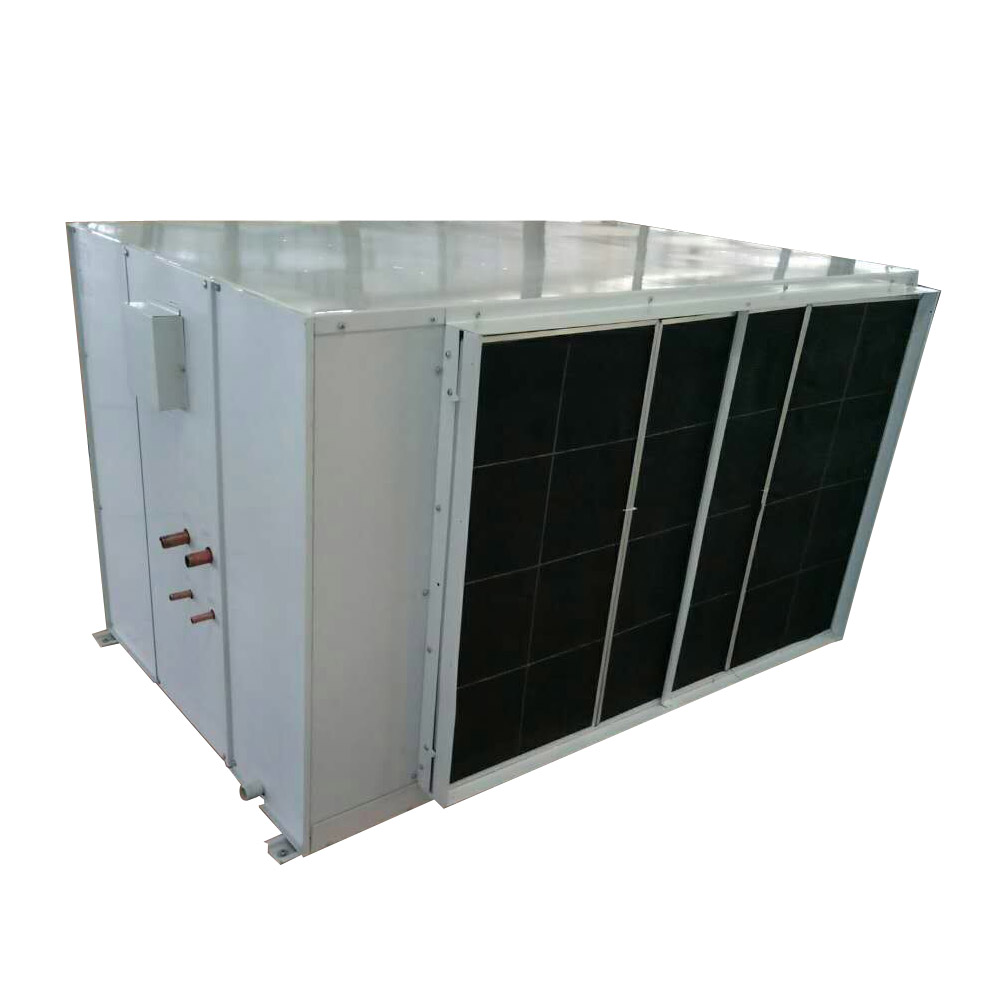
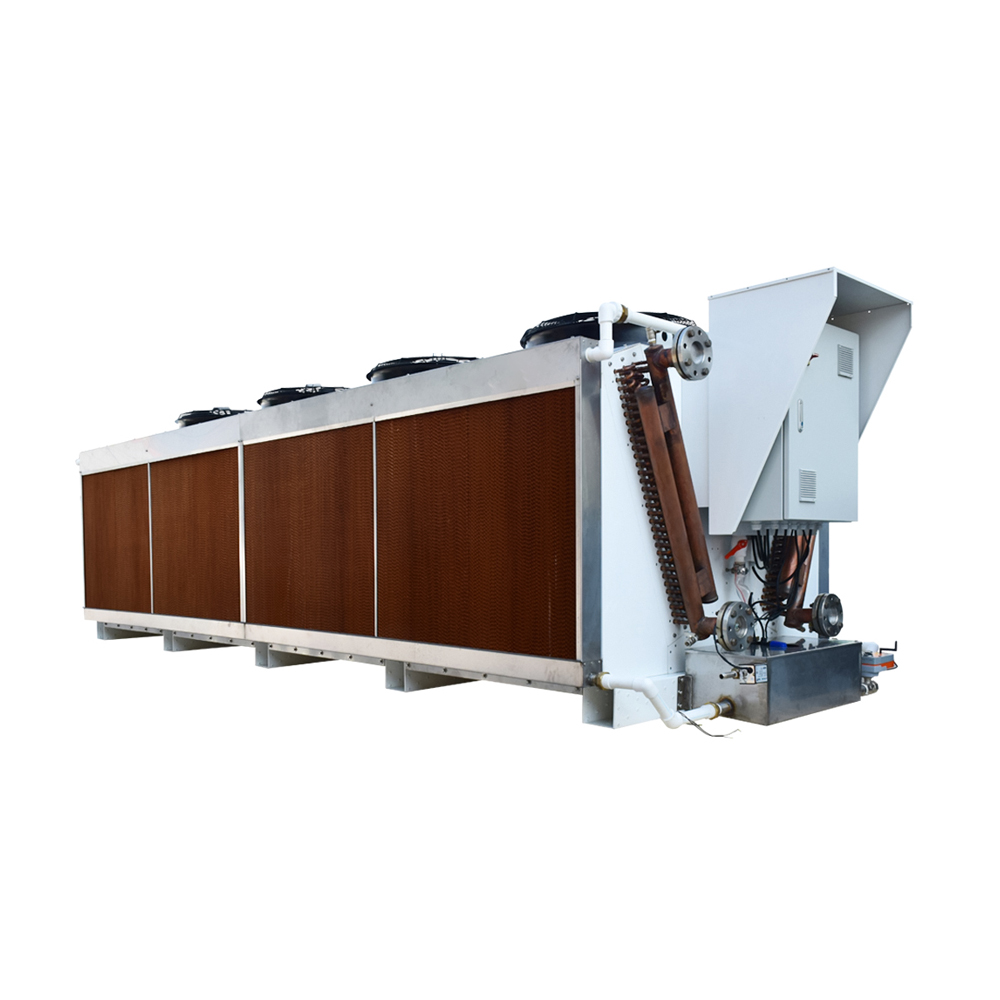
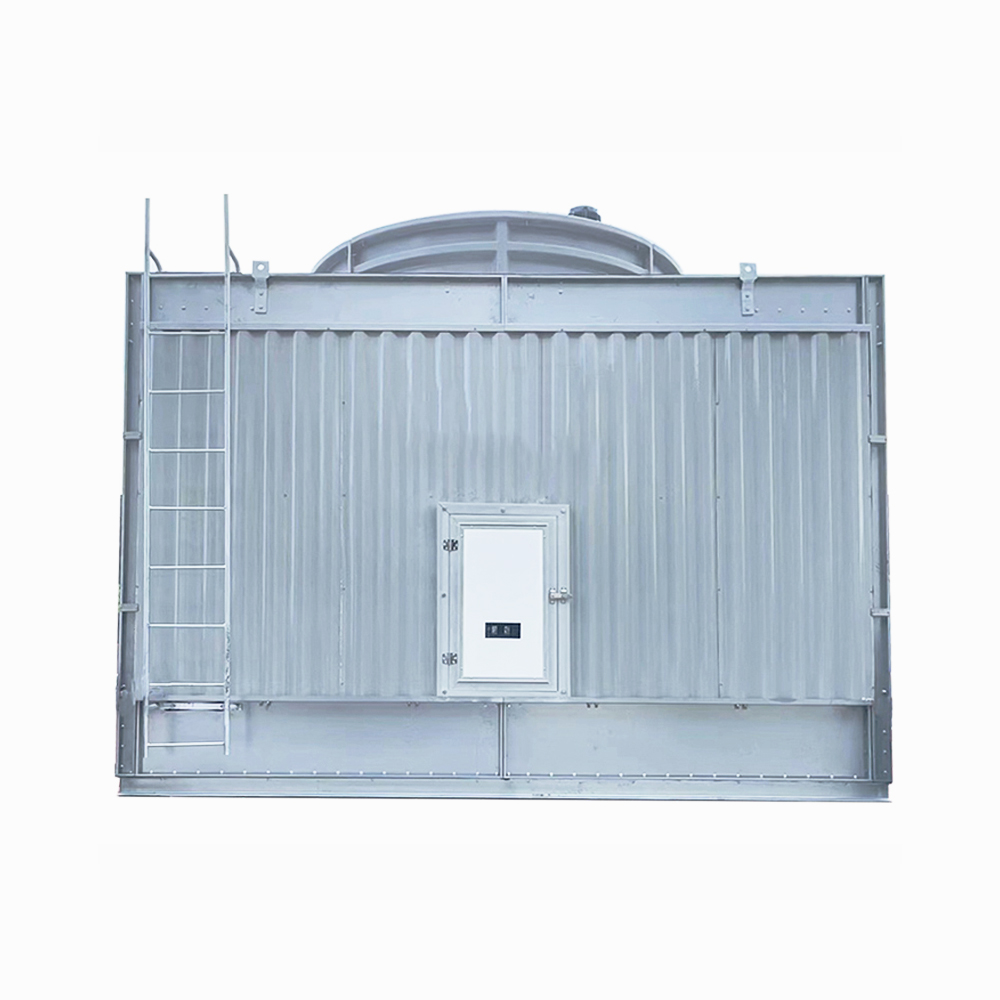
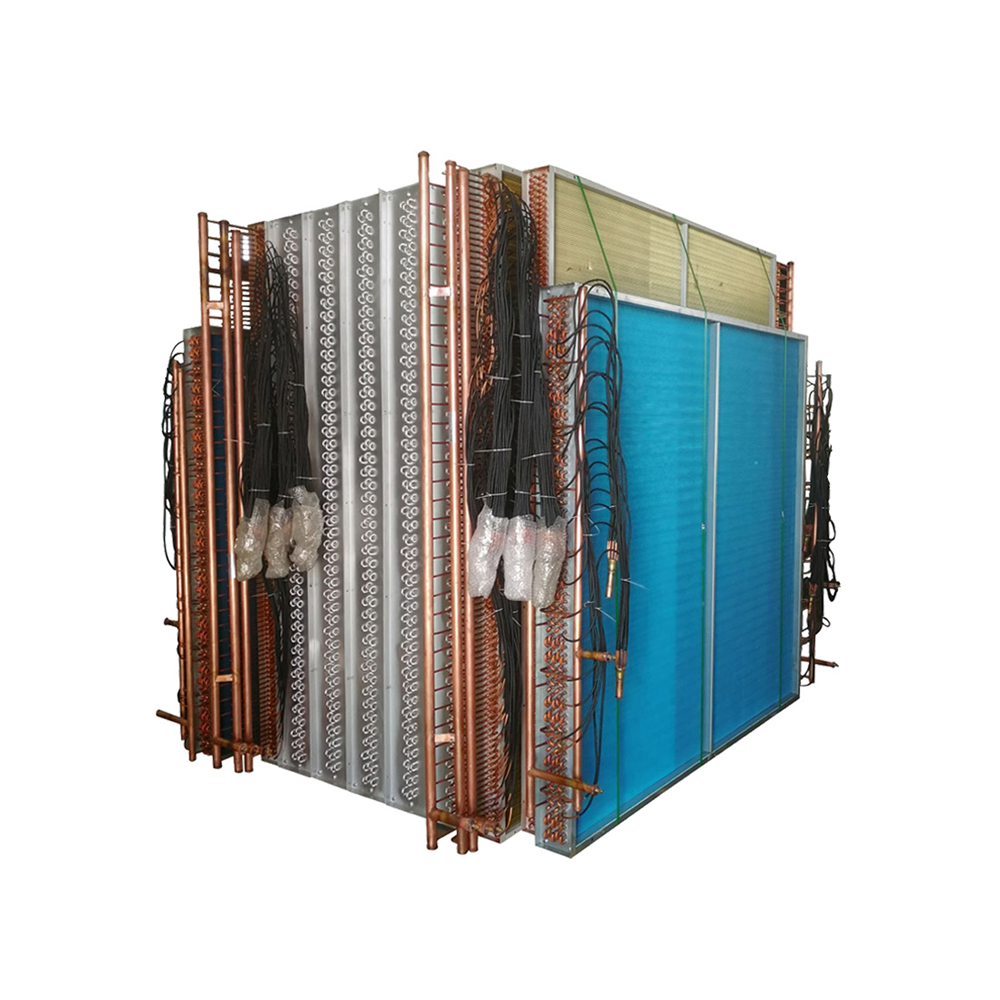
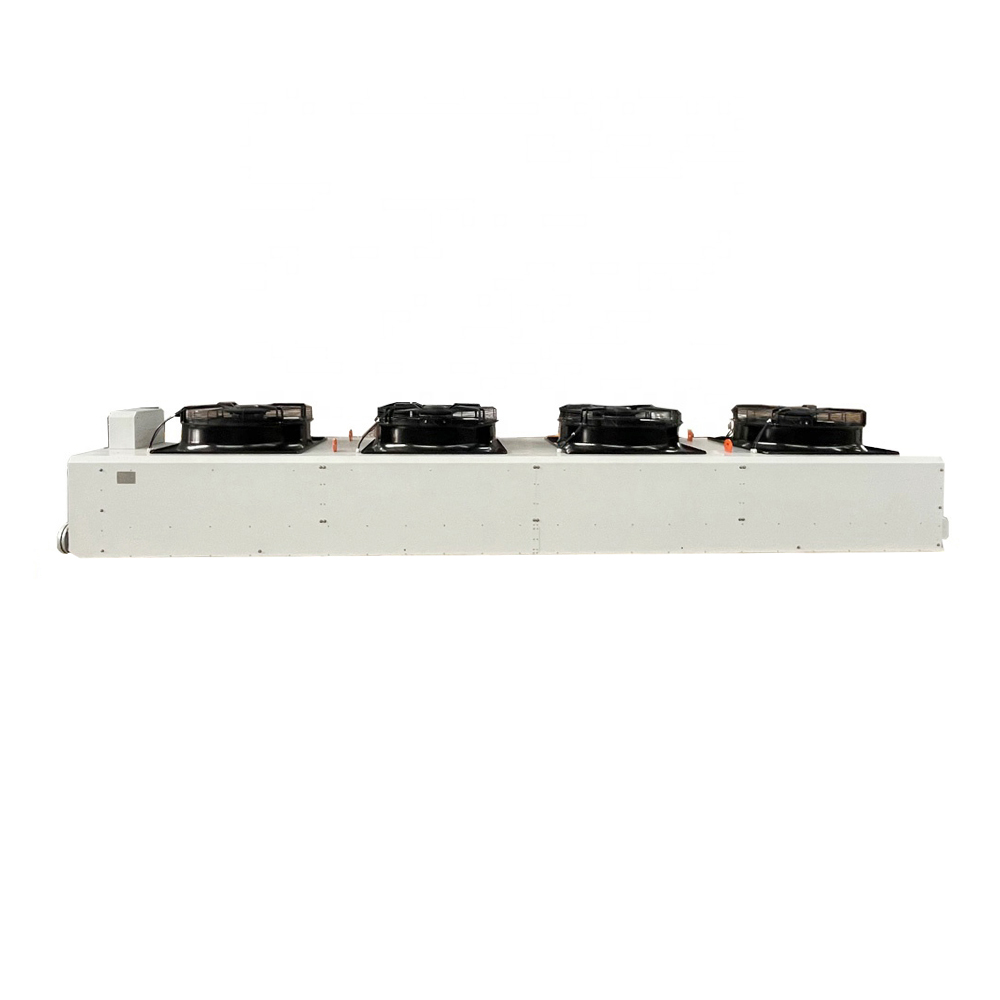
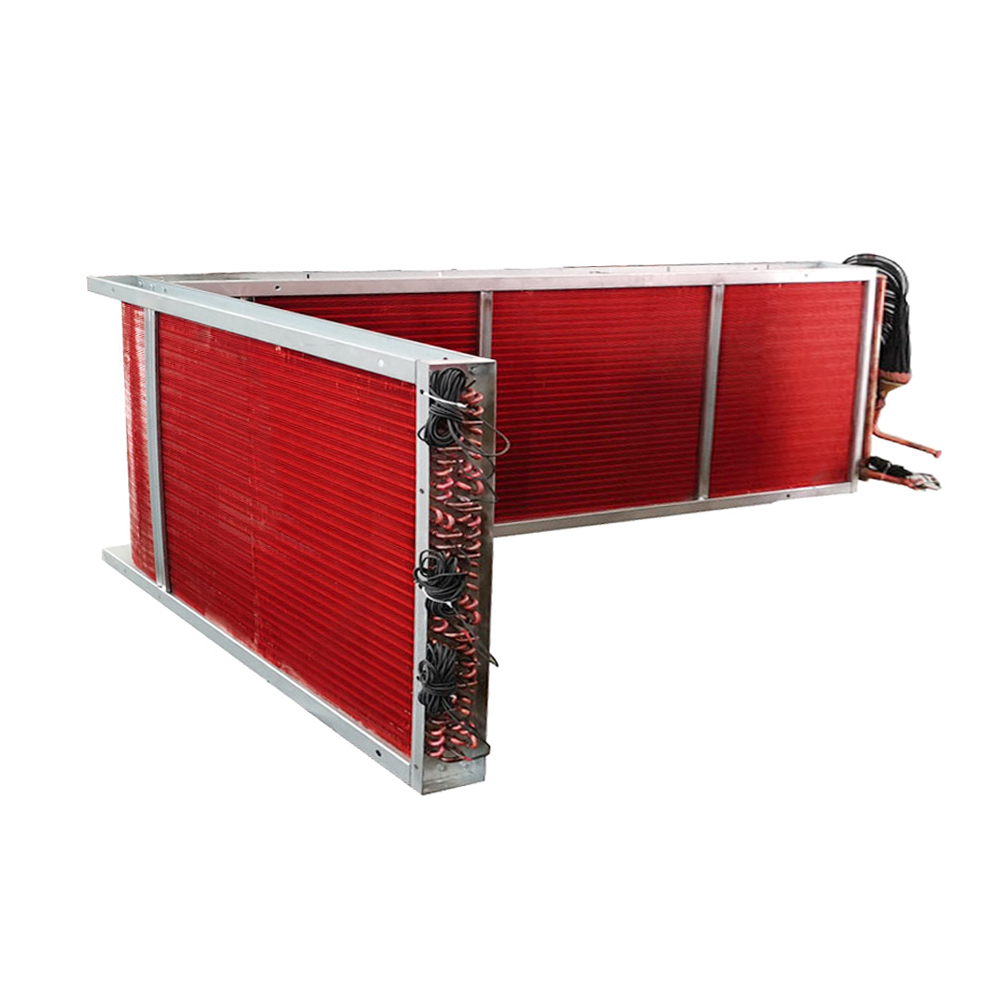

.jpg)
